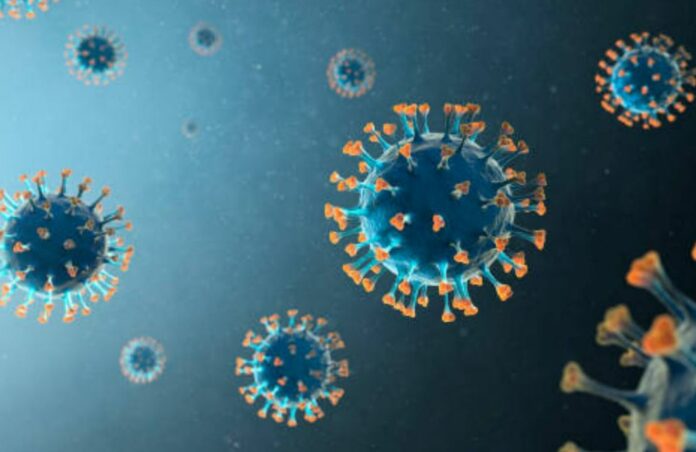Researchers at the National Institute of Communicable Diseases and the KwaZulu-Natal Research Innovation and Sequencing Platform uncovered the new strain, which is actually a collection of several viral mutations together designated as C.1.2.
It was discovered in May 2021 in South Africa and has since spread to countries around the world, including China, the Democratic Republic of the Congo, Mauritius, New Zealand, the United Kingdom, Portugal, and Switzerland.
In a study, available on medRxiv.org, yet to be peer-reviewed, the team carefully explained that the new lineage has “been associated with escape from certain class 3 neutralizing antibodies,” i.e. the protection received either naturally or with the help of vaccines, against the coronavirus.
Additionally, the C.1.2 lineage is believed to have a mutation rate of approximately 41.8 per year, nearly double that of other variants.
Of greater concern is the accumulation of additional mutations…which are also likely to impact neutralization sensitivity or furin cleavage and therefore replicative fitness
the research warned, referring to the virus’s ability to evade antibodies, as well as its contagiousness.
C.1.2 is believed to have evolved from C.1, one of multiple lineages that dominated the initial wave of SARS-Cov-2 infections in South Africa and was last found there in January 2021. The new lineage has been detected in the majority of South Africa’s provinces and in seven countries spanning Africa, Europe, Asia, and Oceania, the paper noted, noting that the mutations include multiple substitutions and deletions of genetic code within the spike protein – the mechanism by which the coronavirus enters human cells, potentially making it more resistant and difficult to neutralize.
Researchers suspect that this strain of the variant may be more common than previously recognised, based on persistent monthly increases in the number of C.1.2 genomes in South Africa, comparable to the increases reported with the Beta and Delta variants during their expansion.
The report emphasizes the importance of future research on C.1.2 to establish whether it can compete with the Delta variant – the extremely contagious SARS-CoV-2 strain that has caused havoc on many governments’ vaccination programmes.
Earlier this month, researchers in the United Kingdom, a country with one of the highest vaccination rates in the world, reported that vaccine efficacy against Delta variant Covid infections had decreased by more than half when compared to previous strains. During the same time span, protection against symptoms (which had been widely promoted by pharmaceutical companies and governments as a primary reason to be vaccinated) was said to have declined to 59 percent. Other countries, including Israel – another major vaccinator – have reported similar difficulties. The South African Department of Health notified the World Health Organization of the new C.1.2 ‘variant of interest’.
Speaking to South African news magazine New Frame, Anban Pillay, deputy director general of the nation’s Department of Health, indicated that health professionals are confident that the Delta variant of Covid will not be the last, and that “new variants are bound to develop as a natural evolution of the virus.”
The health official confirmed that South African scientists are “looking at the in vitro effectiveness of our vaccines [against C1.2],” and said the ministry “expect[s] some of the results to be available in the next couple of weeks.”
As of last week, about 17.6 percent of South Africa’s population of 58.56 million people has been vaccinated with one of three coronavirus vaccines available in the country. The country’s health authorities approved preparations made by Johnson & Johnson, Pfizer-BioNTech and AstraZeneca, but administration of AstraZeneca’s jabs was suspended in February due to its ineffectiveness against the widely prevalent Beta variant.
